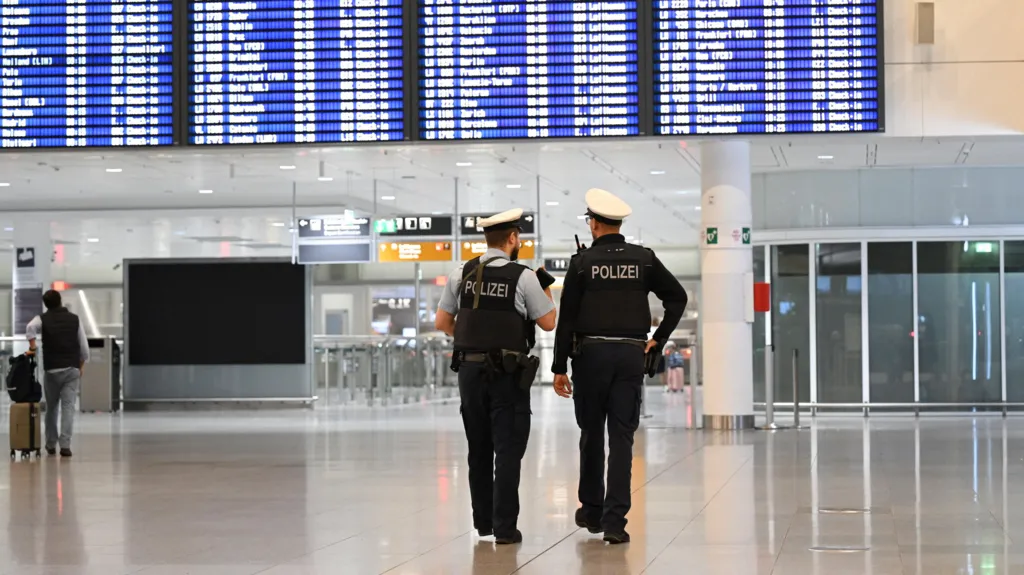Munich Airport has resumed normal operations after suspected drone sightings forced its closure for the second time in just 24 hours. The disruption left thousands of passengers stranded and raised fresh concerns over airspace security across Europe.
On Friday night, flights were halted at 21:30 local time (20:30 GMT) after drones were reportedly spotted near the airport. Around 6,500 passengers were affected, with significant delays and cancellations across domestic and international routes. Authorities confirmed that at least 17 flights were grounded during Thursday’s initial incident, also linked to drone activity.
Airport officials said on Saturday morning that operations were being “gradually ramped up,” but warned that delays would persist throughout the day. Passengers were urged to check their flight status before heading to the airport.
The incidents in Munich are part of a broader trend of drone-related disruptions in European airspace. Belgian media reported that 15 drones were spotted above the Elsenborn military site near the German border on Thursday. The drones were later observed in Düren, western Germany, though their origin and operators remain unknown.
Germany’s Interior Minister Alexander Dobrindt called the repeated sightings a serious threat and announced plans to fast-track legislation allowing police to request military intervention to shoot down drones. He also pledged to raise the issue at a meeting of European interior ministers, initially planned to focus on migration.
Concerns about drone incursions have intensified across the European Union. Earlier this week, leaders gathered in Copenhagen to discuss a proposed multi-layered “drone wall” designed to detect, track, and neutralize hostile drones, particularly those suspected of being launched by Russia.
The urgency follows recent incidents in Poland and Estonia, where Russian drones and fighter jets were accused of violating EU airspace. German Chancellor Friedrich Merz warned that incursions were “getting worse” and suggested it was reasonable to suspect Russian involvement, although Moscow has denied any role.
With major airports in Copenhagen and Oslo also forced to suspend flights due to drone activity, European leaders are under growing pressure to strengthen defenses against this emerging threat to aviation safety and national security.

